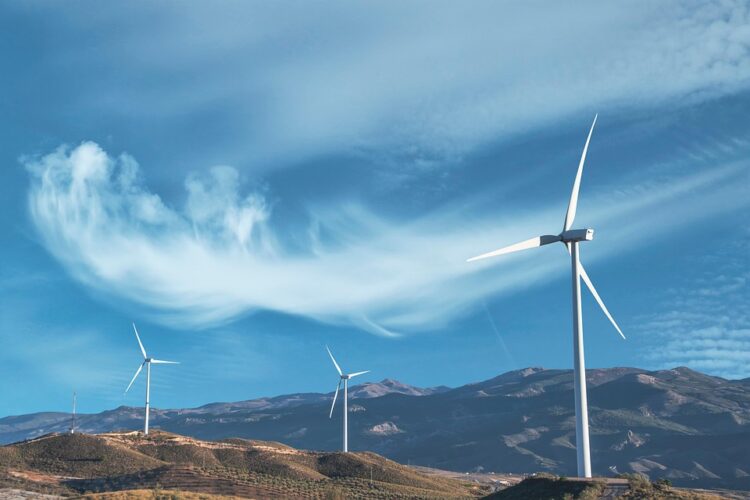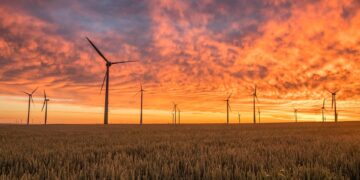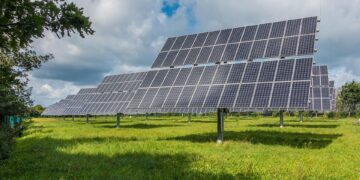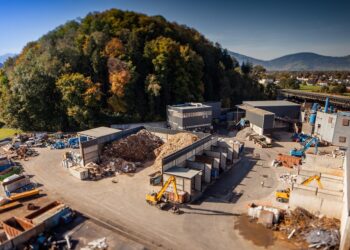[ad_1]
The Importance of Clean Energy
As the world faces the challenges of climate change and environmental degradation, the need for clean and sustainable energy sources has become more urgent than ever. Clean energy refers to energy sources that are renewable, environmentally friendly, and produce minimal or no greenhouse gas emissions. These sources include solar, wind, hydro, geothermal, and biomass energy.
The Rise of Clean Energy
In recent years, there has been a significant increase in the adoption of clean energy technologies around the world. This is driven by a growing awareness of the negative impacts of traditional fossil fuel-based energy sources, such as air pollution, water contamination, and climate change. Governments, businesses, and individuals are increasingly turning to clean energy solutions as a way to reduce their carbon footprint and mitigate the effects of global warming.
Solar Energy
Solar energy is one of the fastest-growing clean energy sources, thanks to advancements in technology and decreasing costs. Solar panels convert sunlight into electricity, providing a renewable and sustainable alternative to traditional fossil fuels. In addition to being environmentally friendly, solar energy can also help reduce electricity bills and increase energy independence.
Wind Energy
Wind energy is another popular form of clean energy that harnesses the power of the wind to generate electricity. Wind turbines are installed in windy areas, such as coastal regions or open plains, and produce electricity by spinning blades that are connected to a generator. Wind energy is a clean and abundant resource that can help reduce greenhouse gas emissions and promote energy security.
Hydro Energy
Hydro energy, also known as hydropower, utilizes the energy of flowing water to generate electricity. Dams and other water infrastructure are used to capture the energy of water currents and convert it into electricity. Hydro energy is a reliable and renewable energy source that can provide a constant supply of electricity without producing harmful emissions.
The Benefits of Clean Energy
There are numerous benefits to transitioning to clean energy sources, both for the environment and for society as a whole. Clean energy technologies can help reduce air and water pollution, combat climate change, create jobs, and stimulate economic growth. By investing in clean energy, countries can improve their energy security, reduce their dependence on fossil fuels, and promote sustainable development.
Challenges and Solutions
While the transition to clean energy is essential for a sustainable future, there are challenges that need to be addressed. These include the intermittency of renewable energy sources, the high upfront costs of clean energy technologies, and the need for updated energy infrastructure. However, there are solutions to these challenges, such as energy storage technologies, government incentives, and public-private partnerships.
Energy Storage
One of the key challenges of renewable energy sources is their intermittency, as solar and wind energy generation fluctuates based on weather conditions. Energy storage technologies, such as batteries and pumped hydro storage, can help store excess energy during periods of high generation and release it when needed. This can help stabilize the grid and ensure a reliable energy supply.
Government Incentives
Many governments around the world are offering incentives and subsidies to encourage the adoption of clean energy technologies. These incentives can include tax credits, rebates, grants, and feed-in tariffs. By providing financial support to clean energy projects, governments can help reduce the upfront costs of renewable energy installations and accelerate the transition to a clean energy future.
Public-Private Partnerships
Collaboration between the public and private sectors is essential for driving the adoption of clean energy technologies. Public-private partnerships can help leverage resources, expertise, and funding to support clean energy projects and initiatives. By working together, governments, businesses, and communities can overcome barriers to clean energy deployment and achieve sustainable energy goals.
The Future of Clean Energy
The future of clean energy is bright, with continued advancements in technology, policy support, and public awareness. As the world shifts towards a more sustainable and low-carbon economy, clean energy will play a crucial role in powering our future. By investing in clean energy solutions today, we can create a cleaner, healthier, and more prosperous world for future generations.
[ad_2]












